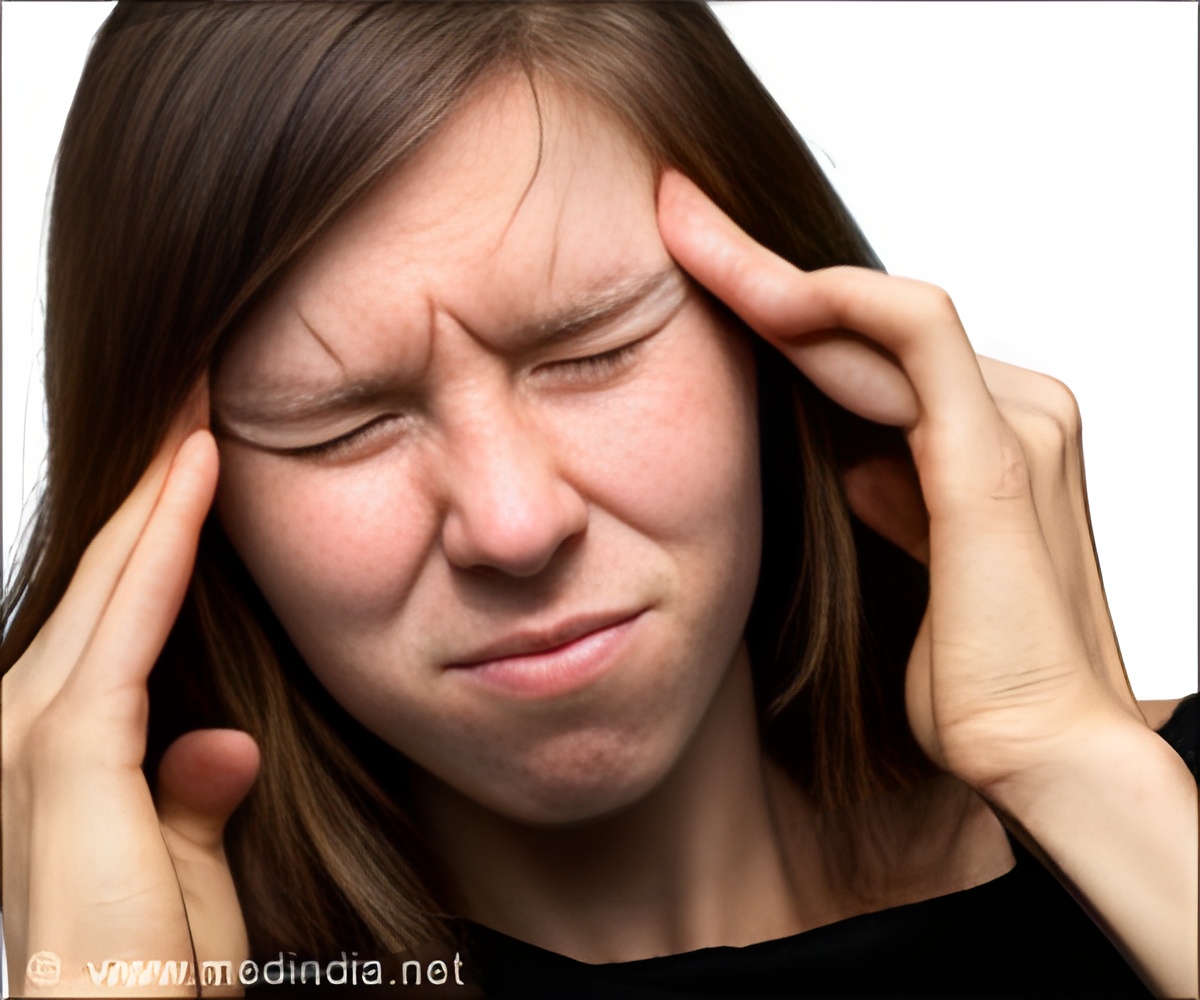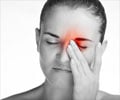A magnetic therapy called transcranial magnetic stimulation (TMS) may be effective in some migraine patients.

Treatment of Migraine:
Treatment of migraine has always been a challenge for doctors. Though newer drugs are now available, even these may not be effective in some cases. Mild cases of migraine can be treated with simple painkillers and medications for vomiting. More severe cases are usually treated with medications from a group of drugs called the triptans. Several other drugs are also available for the prevention and treatment of migraine.
The exact mode of action of TMS in migraine is not known. It is also important to know that this new treatment does not work for all patients of migraine, as demonstrated in clinical trials. TMS can be administered to patients who take antimigraine medications as well.
Side Effects of Magnetic Therapy:
Current studies on TMS are small and therefore, it is unclear what side effects TMS would cause. Some reported side effects include dizziness, drowsiness, irritability, vigorous dreams and momentary muscle spasms. However, experts do warn of the possibility of more serious side effects including seizures.












